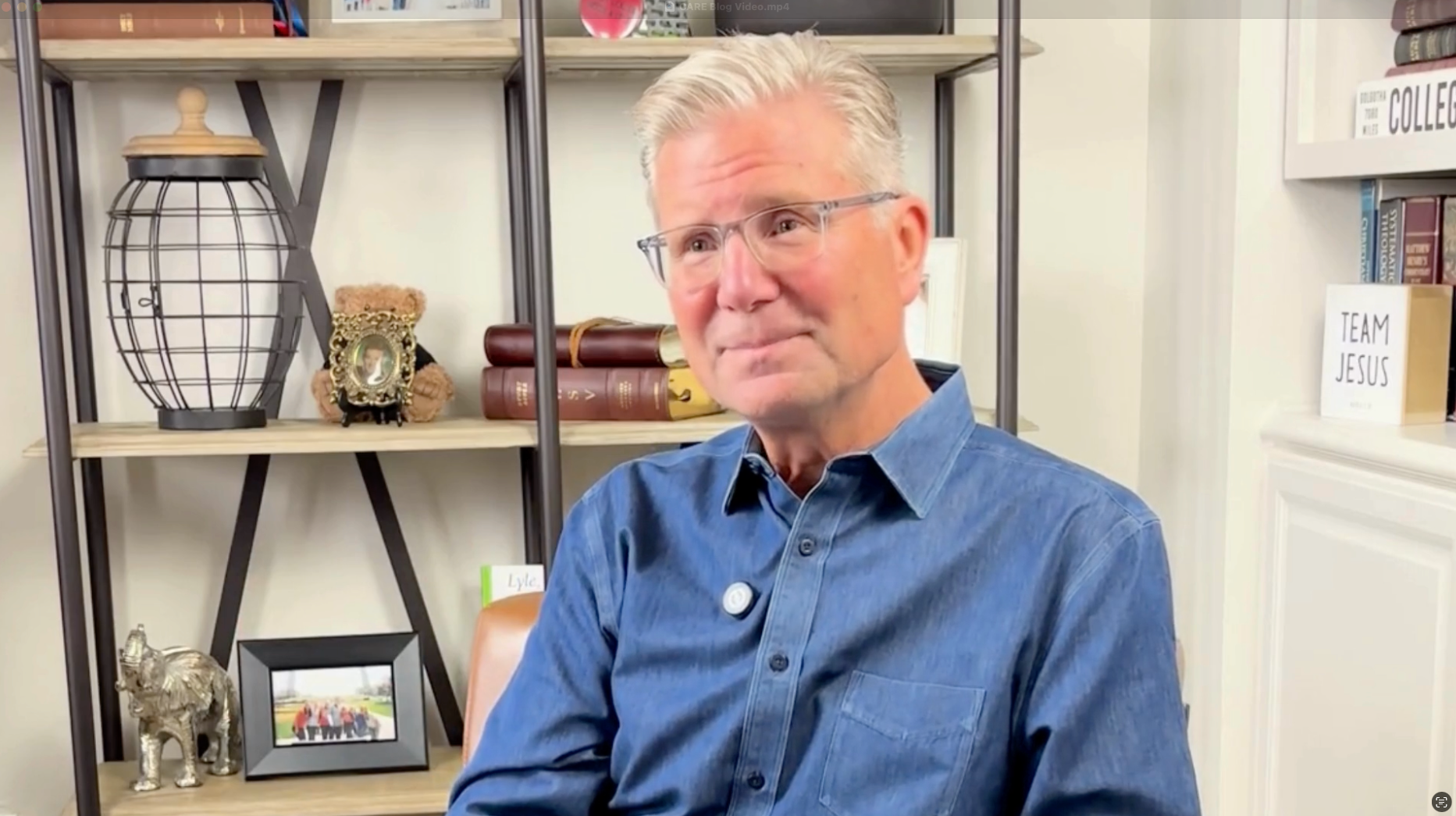info@integrus.org
Overwhelmed and Underresourced
Have you ever felt overwhelmed and underresourced as a ministry leader?
Have you ever felt overwhelmed and underresourced as a ministry leader?
You want to lead well, but you just don’t feel completely up to the task. Consider these statistics:
- Only one out of ten pastors will stay in vocational ministry until retirement.1
- Every month in the US alone, 1,700 people leave vocational ministry.2
- Within the next five years, 45 percent of nonprofit employees plan to find a job outside the nonprofit sector.3
The statistics themselves don’t tell the whole story. God calls many pastors and ministers out of vocational ministry to build his kingdom in other ways, myself included. But I’ve spent years working with churches and nonprofit organizations, and I’ve known many leaders on the verge of quitting because they were exhausted and lacked the resources, internal and external, they needed.
I know from experience that ministry leaders want to lead and love those they’re called to serve. They have a heart to protect them and provide for them. But the challenges of leadership keep coming—limited resources, increasing demands, and social changes that complicate ministry.
If that’s you, my heart aches for you. You don’t just need a leadership pep talk. I’ve given more than my share of pep talks, but motivational speeches wont’ be enough.
To stay in the game, ministry leaders need more than inspiring quotes—they need new skills and refined leadership strategies.
Before I started coaching ministry leaders, I coached Palm Beach Atlantic University’s (PBAU) basketball team. Every other year, we took our college team on an international trip. This particular year, we’d gone to Bolivia, a landlocked country between Brazil and Chile. We’d been in the capital city of La Paz for a week, practicing and playing against Bolivian university teams. The trip was also a service opportunity, so we’d worked with Centro de Vida, a boy’s orphanage. We ate there, slept there, and whenever we weren’t playing basketball, served the boys of the orphanage by playing games, completing repairs at the facility, and going into the city at night to bring food, blankets, and socks to children living on the streets. In fact, we’d ministered in the city straight through our final night, ensuring we’d sleep through the nonstop, ten-hour flight back to Miami.
All of us were fast asleep before the plane even left the ground when suddenly I was woken by a rough landing. I was confused, certain the flight had passed too quickly. Checking my watch, I saw that we’d only left La Paz a few hours before. Something was not right. When I opened the window shade and saw we were approaching an unfamiliar terminal, my heart started to race, and I wondered if we’d gotten on the wrong plane. As we pulled into a gate, I received some startling news—we were in Brazil, not Miami!
I was nearly in panic mode as we exited the plane into a country that I knew very little about.
Hoping my four years of high school Spanish would be enough, I approached the gate agent. First, I tried English. No response. I tried Spanish next. No response. Then I remembered Brazil is a Portuguese-speaking nation, and I didn’t know a word of Portuguese.
Stuck in a foreign country, unable to communicate, without proper visas for Brazil—and I was supposed to be in charge. I was as frightened as I’d ever been. My players were looking to me for answers, and I had none to give them. Looking back, I’ve come to realize I was overwhelmed and underresourced!
I didn’t lack motivation—my entire heart was to protect my team and to provide for their needs, immediate and long term—but I lacked the skills, tools, information, and resources I needed. I didn’t speak Portuguese.
I eventually found an airline agent who provided me with the clarity I needed—in English! Our plane had simply been diverted because of Hurricane Charley’s arrival in south Florida.
I share my story with you because I’m called, heart and soul, to serve leaders at all levels. Every godly leader wants to grow, but few have a tangible, practical plan. If you’re a ministry leader who wants to love and serve your people, to protect and provide for them, and to build the Kingdom of God together with your team, my book The 5-Day Leader, will be your insanely practical guide to new skills to sustain your leadership. Maybe you’ve been speaking Spanish in leadership when your team only understands Portuguese.
The 5-Day Leader is for any ministry leader who needs an insanely practical guide to lead others.
- Julie Maxwell, “Why Pastors Leave the Ministry,” Shepherds Watchmen, August 11, 2019, https://shepherdswatchmen.com/browse-all-posts/why-pastors-leave-the-ministry/.
- Bo Lane, “Why Do So Many Pastors Leave the Ministry? The Facts Will Shock You,” ExPastors, January 27, 2014, http://www.expastors.com/why-do-so-many-pastors-leave-the-ministry-the-facts-will-shock-you/.
- Chris Strub, “45% of Nonprofit Employees to Seek New Jobs by 2025: Report.” Forbes, February 10, 2020, https://www.forbes.com/sites/chrisstrub/2020/02/10/nonprofithr/.
SHARE THIS POST







































